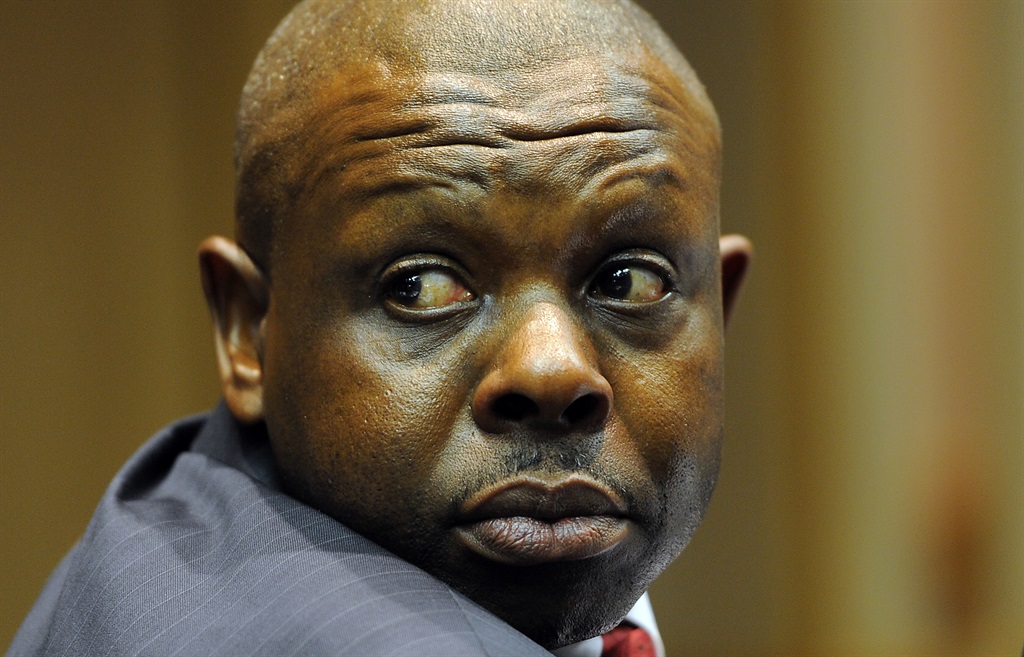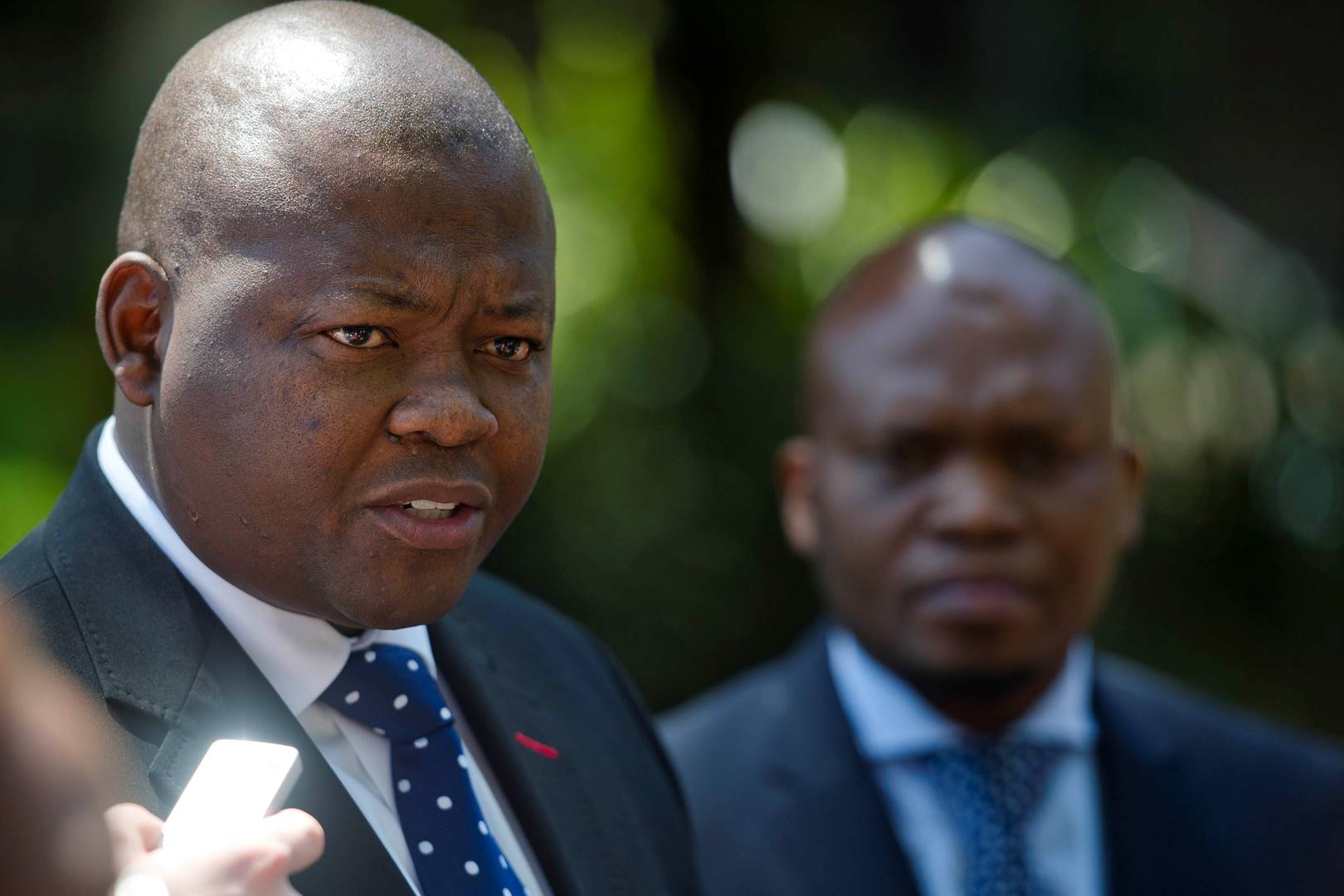
- John Hlophe has vowed to clear his name after a tribunal found him guilty of gross misconduct.
- The tribunal found that Hlophe had improperly attempted to influence Justices Chris Jafta and Bess Nkabinde.
- Hlophe said the tribunal's decision was based on "irrelevant" considerations.
Judge President John Hlophe "fundamentally disagrees" with the Judicial Conduct Tribunal's findings, which found him guilty of gross misconduct for trying to sway two Constitutional Court justices to rule in favour of then ANC president Jacob Zuma.
The Judicial Service Commission (JSC) on Saturday released a statement, which confirmed that the tribunal had found that "Hlophe's conduct breached the provision of section 165 of the Constitution, in that he improperly attempted to influence" Justices Chris Jafta and Bess Nkabinde "to violate their oaths of office", News24 previously reported.
Hlophe's attorney, Barnabas Xulu, said: "The tribunal misdirected itself on numerous procedural and substantive issues, rendering its findings unjustified.
Adriaan Basson | The end of John Hlophe, a judicial scoundrel
"Having prepared two sets of written charges against Judge President Hlophe, it is puzzling how it could find that 'the concept of a charge or a charge sheet' is not a requirement in these proceedings.
"And, because these are not criminal proceedings, the requirements that the 'charge must be clear and unambiguous' or that the alleged conduct must be wrongful or unlawful, or that there should be mens rea, do not find application in these proceedings.
"What we are concerned with here are issues of judicial probity and ethical standards, rather than rules of law."
There are other "glaring anomalies" in the tribunal's decision, added Xulu.
These include that the tribunal "failed to deal with serious contradictions in the evidence of the witnesses" testifying against Hlophe and "found that the credibility of Hlophe was not impugned", meaning there was no reason to prefer one version of events over the version given by Hlophe.
"Judge President Hlophe's view is that the tribunal's decision was not based on the evidence, but considerations that were irrelevant to the facts.
"It is important to recall that the same evidence which the tribunal had to consider had been dealt with by the JSC in a well-reasoned judgment, dated 28 August 2009, which was set aside on the basis of a technicality and not the merits of its findings on the evidence."
The JSC, in 2009, criticised Hlophe for raising pending judgments, in a corruption case against Zuma, with Constitutional Court judges, but failed to find evidence that he tried to influence them.
"How, faced with the analysis of the evidence conducted by the JSC in 2009, the tribunal could deviate so far from that is inexplicable," said Xulu.
"Judge President Hlophe never set out to influence or persuade any judges of the Constitutional Court to violate their oath of office. He stands by the evidence presented to the tribunal, and had the tribunal carefully examined that evidence, it would have endorsed the 2009 JSC findings that [he is] not guilty of gross judicial misconduct."
According to Xulu, Hlophe is determined to "vindicate his name".
"In so doing, [he] will demonstrate how this finding does not correctly reflect the law and is not based on the facts presented to it."

